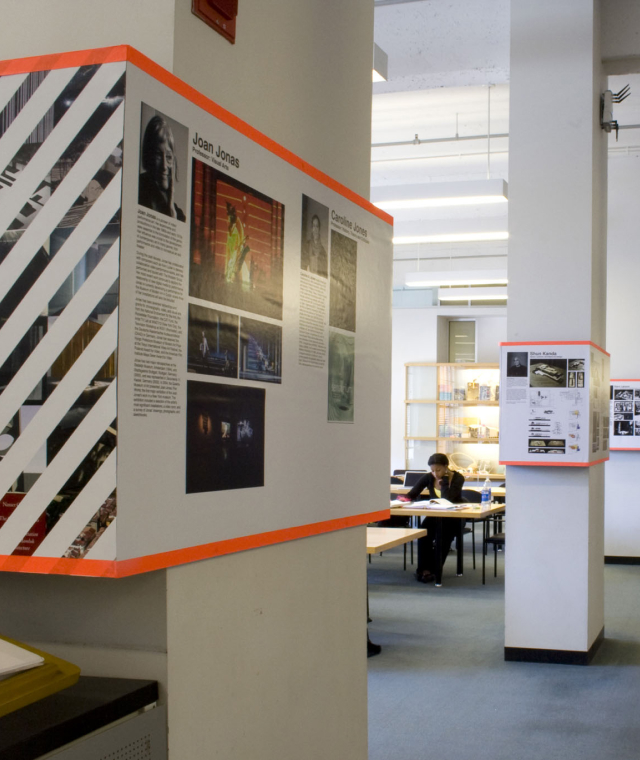As a Design Advisor at MIT GOV/LAB, I partnered with researchers and practitioners in African governments, primarily Sierra Leone and Nigeria. My work centered on implementing the Lean Governance Innovation Design (LGID) framework to bridge the trust gap between governments and their citizens. Many citizens in our partner countries believed their governments were intentionally misleading them. This deep-rooted mistrust cannot be addressed through traditional Western solutions; it requires an approach that integrates local values and practices. Working alongside service designers and researchers, we took a place-based approach that honored local cultural practices rather than imposing external solutions. I used research and strategic interventions to strengthen government-citizen relations while respecting and working within existing cultural frameworks.
Design Advisor, MITGOVLAB
Team & Leadership Responsibilities
Confidentiality: I've adapted specific details to protect our partners' privacy while maintaining the integrity of the key skills and impacts.
Project Duration: August 2022 - Present
Team: Fas Lebbie, Carlos Centeno
Leadership Initiatives
My work focused on developing research methods and strategies that integrated the Transition Design approach with LGID. These strategies center local cultural practices through human-centered design principles. This transdisciplinary approach strives to develop adaptive solutions in the complex public sector through research and engagement.
Design Programs & Actions
Research & Innovation
Our research journey began with developing and refining the LGID framework, which blends human-centered design with local governance practices. We created a standardized approach that made our insights accessible and actionable across different government agencies. This process helped us move beyond traditional bureaucracies by gaining support across multiple sectors.
Actors/Stakeholder Engagement
We ran hands-on workshops that created direct dialogue between government officials, civil society representatives, and citizens. These sessions, both online and in-person, became crucial spaces for co-creation and built trust between stakeholders. We extended our reach by building partnerships with NGOs, academic institutions, and government agencies across Nigeria, Sierra Leone, Mexico, Brazil, Cape Verde, and Kenya, creating a network of change-makers committed to improving governance.
Capacity Building
Instead of providing solutions, we focused on enabling local teams to drive innovation. We developed LGID training modules that helped practitioners implement these principles in specific contexts. The program emphasized knowledge sharing and mutual learning. We also helped government leaders understand how to leverage appropriate technology for improved governance, ensuring all solutions aligned with local infrastructure and capabilities.
Leadership Impact
Short Term Impact
The early lessons from our engagement have helped us understand how best to embed designers within a local context. The failures and successes have also helped us better understand that a designer must have a grounded, place-based mindset for interventions to work. Within the first year, we built foundational resources that people who wanted to positively affect the government could immediately use. Most importantly, we created an active community of practice where governance innovators actively share challenges and opportunities.
Long Term Impact
The documentation of learning case studies is building a repository of our methodology beyond initial partner countries. The goal is to improve and reshape how design thinking applies to governance challenges in emerging economies. The MIT GOV/LAB platform has enabled sustainable knowledge-sharing processes, reaching practitioners across multiple continents. This growing network of governance innovators is actively sharing insights and adapting methodologies to their local contexts.
Our vision is to establish LGID as a recognized methodology in governance innovation, moving away from traditional intervention models. We’re developing replicable frameworks that help governments develop locally appropriate approaches for citizen engagement that can be adapted to different cultural contexts, increasing the probability of locally driven innovation.


